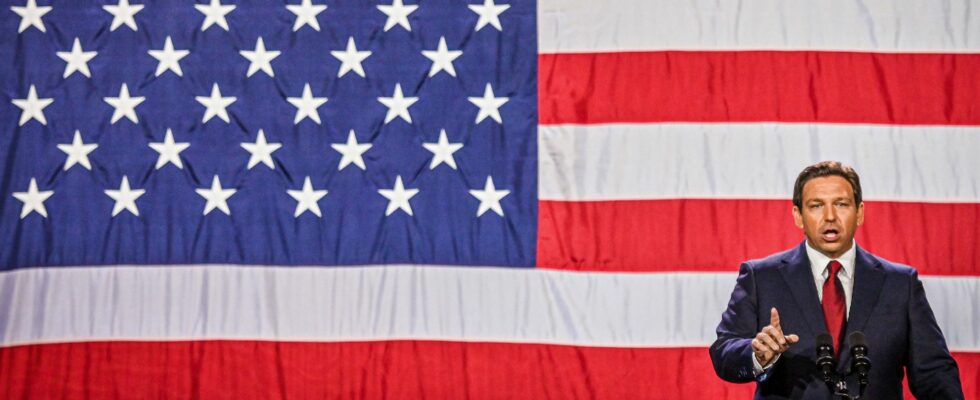Ukraine’s future may not be decided on the battlefields of Kharkiv or Bakhmout. But rather on Capitol Hill, in Washington. So far, Congress and American public opinion, with rare unanimity, have supported the war effort. The beautiful unity, however, begins to crack, especially within the Republican Party. “Until recently, questioning the engagement in Ukraine was taboo. But we are at an inflection point. The Republicans control the House of Representatives, the war will continue and potentially get bogged down and the presidential campaign begins”, observes Charles Kupchan, of the think tank Council on Foreign Relations and author of a book on isolationism. Hence the emergence of a debate on the outcome of the conflict, its duration and above all on the use and the growing cost of aid which has reached some 113 billion dollars.
The differences are particularly visible among the Republican candidates running for 2024. On the one hand, neo-isolationists like Donald Trump and Ron DeSantis, the governor of Florida, well placed in the polls, even if he is not yet entered the race. They believe that the United States should not spend so many resources on a country that is not of vital interest, that this war distracts them from the real enemy, China, that it depletes their reserves of armaments and therefore threatens their deterrent force.
In his meetings, Donald Trump, a supporter of “America first”, accuses Joe Biden of having brought the world “to the brink of World War III”. He promises, once re-elected, to “negotiate a peace plan in twenty-four hours”. Ron DeSantis repeated the same refrain. In an interview on Fox News, he criticized Joe Biden for “neglecting” his country, caring more “for borders on the other side of the world” than his own, and leading on Ukraine ” a blank check policy without any clearly identified strategic objective”. Russia is not a threat “on the same level as China”, he claims. A statement contrary to the positions he had adopted in 2014 when, as a representative in the House, he campaigned for the sending of weapons to kyiv.
Isolationists VS Interventionists
In the other camp, Nikki Haley, ex-ambassador to the UN of Donald Trump, who has just announced her candidacy, defends a more classic interventionist view. “This is a war for freedom and we have to win it,” she said at a rally in Iowa. She accuses Biden of being too cautious and of not supplying enough weapons to kyiv to ensure his victory. An opinion shared by other veterans of the Trump administration, including Vice President Mike Pence, another potential candidate. “It is absolutely essential” that America continue to support Ukraine, he said. “Let’s give them what they need, tanks, F16s, what they need to end this.”
The isolationists remain for the moment in the minority. “My party’s leaders overwhelmingly support a strong, committed America and a robust Transatlantic Alliance,” Senate Republican leader Mitch McConnell said to reassure his audience at the Munich Security Conference. But 11 Trumpist House representatives signed a resolution calling for the suspension of military and financial aid to Ukraine. And the polls show a weariness of public opinion, especially among Republicans. About a quarter of Americans, including 40% of conservatives, think too much aid is going to Kyiv, a figure up 6 points since September. In another poll, 48% of Americans favor sending weapons to the Zelensky regime. They were 60% in May 2022.
“The position taken by DeSantis, who carefully monitors the pulse of the electorate, is indicative of the evolution to come,” continues Charles Kupchan. “The closer we get to the election, the more we’re going to hear the argument that we have to prioritize domestic issues.” Besides, Joe Biden himself has changed his message. During his Union speech, he devoted less than two minutes to the question of Ukraine.
